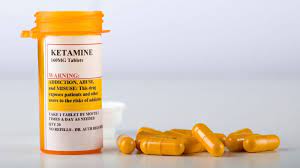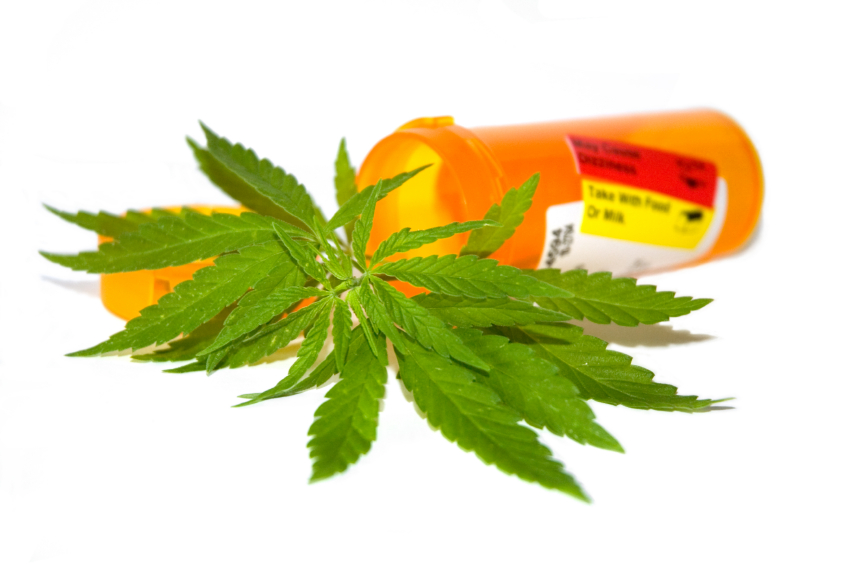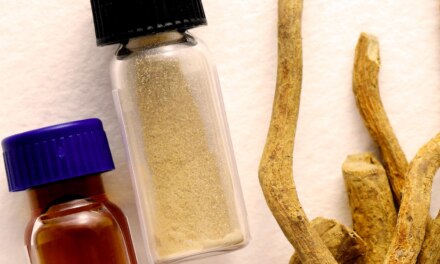I posted about ketamine’s role in the treatment of Major Depressive Disorder (MDD), in May of this year.
At the time, we were short of the placebo-controlled studies that we depend on when evaluating a drug’s effectiveness. Those are needed because the patient’s expectation that the medication will help is so important in determining its ultimate impact. How much of the benefit of ketamine is simply that the patient desperately wants the drug to work — versus benefit from the medication itself?
It’s an open question at this point. So I Googled around and found this article, from Medscape, dated Oct. 30.
Ketamine No Better for Depression Than Placebo?
This study involved hospital patients previously diagnosed with MDD and currently awaiting surgery — an obvious stressor. Both study groups – those that got ketamine by infusion, and those that received a placebo — reported a positive impact in terms of relief from symptoms of depression. That’s in line with previous studies.
Except, according to the study’s authors, “Our primary findings differ from those of previous antidepressant trials with ketamine conducted without adequate masking, which find robust effects of ketamine.” Translation: the absence of adequate masking would presumably explain why ketamine appeared superior – it’s due to a methodological flaw in the study design.
Instead, the authors conclude: “…participant expectations of a positive outcome — also known as hope — may drive large decreases in depression symptoms seen in antidepressant trials.”
It appears that placebo has struck again.
“Ah, so what?” objects a colleague. “If the patient feels better, why not let them have ketamine? Even if it’s really just hope that’s producing the benefit.”
Well, for one thing, ketamine is well-known for side effects, including some not-so-pleasant ones. And presumably, the patient will have to pay for the medication. When it comes to outpatient ketamine treatment, that seems to involve multiple sessions over a period of weeks. And I’m told most insurance plans won’t cover.
So logically, wouldn’t it make sense to simply give the patient a placebo and tell them it’s ketamine? Think of the risky side effects we could avoid.
Except that would be fraud. Oh well.
I’ve seen studies that suggest simply giving the patient a sugar pill helps relieve symptoms, even when the patient knows that’s what he’s getting. Weird, I know. Don’t ask me to explain that.
On the other hand, if you didn’t give ketamine, you wouldn’t be able to charge people as much, would you?













